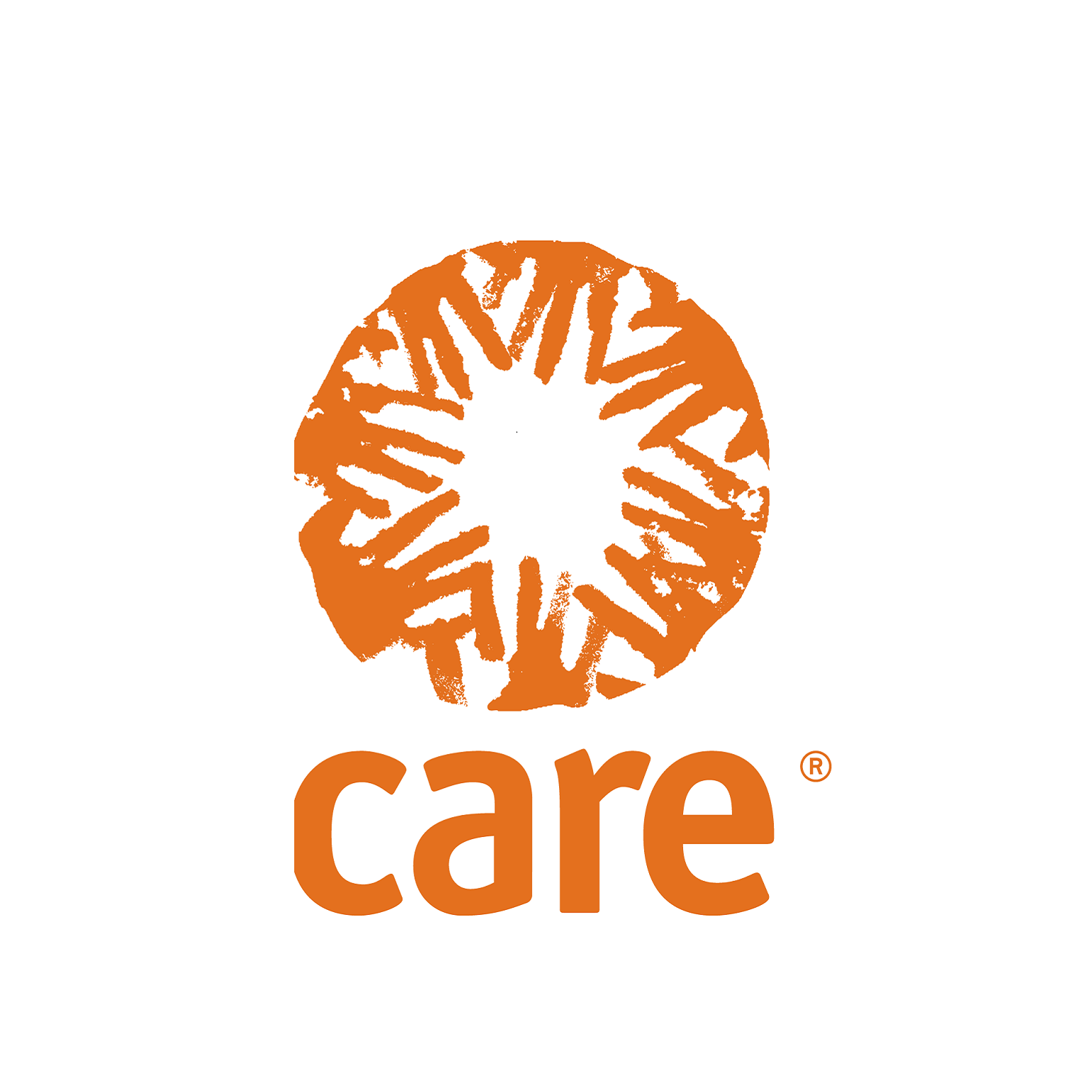Episodes
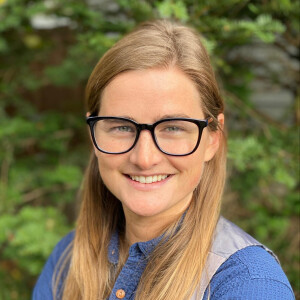
Tuesday Jul 30, 2024
Scary Conversations
Tuesday Jul 30, 2024
Tuesday Jul 30, 2024
What happens when your consultation processes go off the rails? Lauren Beriont from The Emgergence Collective talks about how a lot of our feedback and co-creation processes face three major problems:
1) They assume a trust that does not exist between different stakeholders
2) They are centering the wrong actor--the donor or the most powerful group in the process--instead of focusing on the impact the world needs to see.
3) They are looking to validate a plan that is already in place (but maybe not on paper yet), not create a new plan
How do we fix that? Have scary conversations. Talk about what's not working, what assumptions people holding, and tackle real power dynamics. Look at what impact donors expect, vs. the kind of impact people are actually seeing happen.
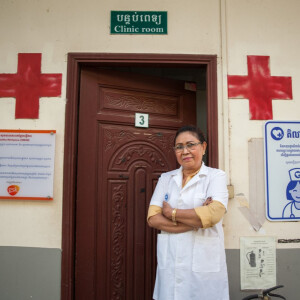
Wednesday Oct 25, 2023
The New Usual: Supporting Frontline Healthworkers as a goal, not a tool
Wednesday Oct 25, 2023
Wednesday Oct 25, 2023
Frontline health workers play a critical role in delivering health services globally, especially to the hardest to reach populations. Despite their importance to health systems and universal health coverage goals, this majority female workforce faces diverse and ongoing barriers affecting their working conditions and capacity. Pari Chowdhary talks about how at CARE, we aim to bring support and work with and for FLHWs to achieve healthy outcomes across our programming countries, but also, we aim to bridge key gaps like equipping and training FLHWs.
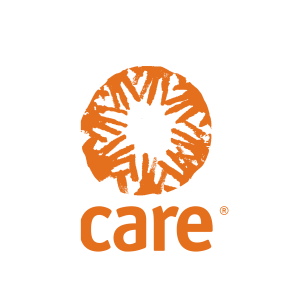
Thursday Aug 10, 2023
Thursday Aug 10, 2023
In our 100th episode, Michelle Nunn talks about lessons learned since she last joined the podcast with Fourth Quarter Failure, including navigating challenges we never predicted--like COVID-19 and the conflict in Ukraine. Some of her reflections include that we have to lean more into local leadership and networks with humility, we have to lighten our systems, and we have to create a space where everyone can be a change agent. Building new tools to listen to the women we work with faster and more completely, balancing risk, and becoming agile are some of the thoughts at the top of her mind.

Wednesday Jul 05, 2023
Avoiding Hothouse Flowers
Wednesday Jul 05, 2023
Wednesday Jul 05, 2023
Joshua Muskin from Geneva Global talks about the incentives and biases that cause programmers to design "hothouse flowers"--projects that will only work inside the special resource and attention environment of a startup and a pilot. To get to scale, you need to think beyond the hothouse, to what will work under the hardest conditions, not the easiest ones. Who scales, what resources they have, and what their goals and incentives are contribute so much more to scale than having an elegant solution from the outside. "Be more trust based" is just one of Joshua's tips on how to succeed in creating something that could scale.

Monday May 08, 2023
Don’t Feed the Zombies
Monday May 08, 2023
Monday May 08, 2023
Kevin Starr talks about his article "Don't Feed the Zombies" and how if we focus on measuring reach, instead of caring about impact, we end up doing harm in the world. His vision is a world where you can't get taken seriously if you can't talk about real, measurable change in the lives of people we serve, and the evidence to back it up. "The minute you commit to impact, and a definition thereof, you're starting to be part of the solution." What's a definition of impact? Evidence of change that happened in someone's life, and a plausible description about how your part in that change worked. If we (especially donors) are not accountable for impact, they end up supporting groups that aren't accountable to the people they serve, and are not driving for the full potential of what we can get done in the world. Here are some other links to check out:
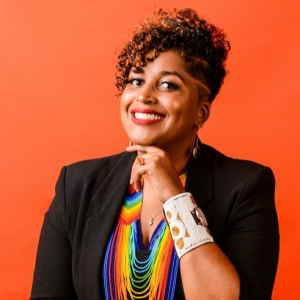
Monday Feb 20, 2023
Stop Analyzing and Act
Monday Feb 20, 2023
Monday Feb 20, 2023
Crystal Simeoni, the Director of NAWI Collective, shares tips for decolonizing, deconstructing, bravery, and joy in development. International development gets so much wrong, but there are ways to be better. Some of Crystal's tips include: align your operations with your values, give up power, center care, and just get it done. You know what you need to do; stop analyzing and act. A few other key pieces of advice: "slow it way down," "pull your head up from your laptop," and "the narrative of capacity is a lie." Crystal helps think about redefining success, and who gets to build the future. And if she could wave a magic wand, Crystal would have a feminist audit firm take charge of operations.
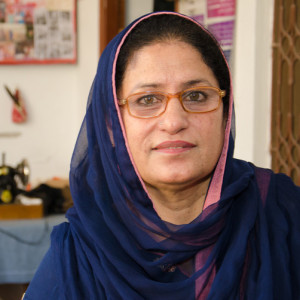
Wednesday Nov 02, 2022
Always Have a Plan B: How to Assess Risk within Partnerships
Wednesday Nov 02, 2022
Wednesday Nov 02, 2022
What do you do when your pursuit of a necessary program partner falls through? Don’t waste time on pushing a failed strategy, and don’t be afraid to move on. How do you guarantee commitment from partners early on? Assess interest from partners to ensure equal buy-in on both sides. Naureen Chaudhry identifies two challenges and the resulting lessons experienced by the CARE Pakistan team while working with female entrepreneurs through the CARE Ignite Program.
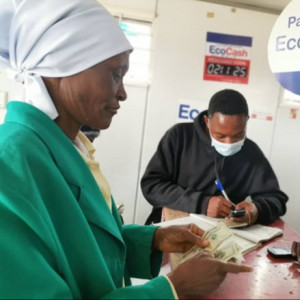
Wednesday Oct 05, 2022
What we think we know: why cash didn’t work without addressing GBV
Wednesday Oct 05, 2022
Wednesday Oct 05, 2022
Cash transfers designed to help women re-enter markets after COVID-19 lockdowns lifted worked really well, AFTER we added programming to address GBV. Partway through the project, gender dialogues showed that women were facing so much violence that even cash was not enough to get back into the market. So the project re-designed their work to include social norms and addressing GBV, and helped more than 1,400 vendors get back on track. Media Matyanga talks about what the team learned, how they learned it, and what they did next.
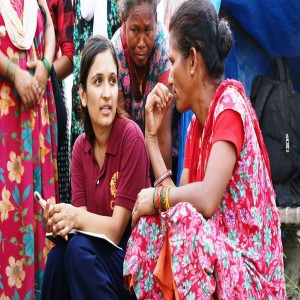
Tuesday May 11, 2021
We are not superior: lessons on working authentically with local organizations
Tuesday May 11, 2021
Tuesday May 11, 2021
Mona Sherpa from CARE Nepal reflects on lessons learned in responding to emergencies in true collaboration with local partners. "We are not superior. Learning has to go both ways," she says. It's not just about your plans on paper or your commitment to principles, but also your actions and your systems.
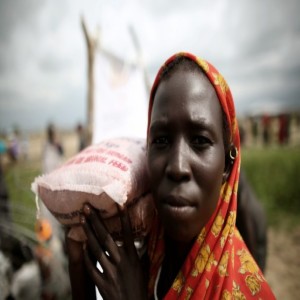
Friday Apr 09, 2021
Friday Apr 09, 2021
"Don't try to win for yourself. Try to win for impact." Rahul Chandran talks about what he terms the catastrophic failure of innovation in the humanitarian sector, why importing the Silicone Valley model of innovation and scale doesn't work, and how collective action and anti-racism are the only solutions. "Scale isn't about big" is just one of his provocations to the sector at large.
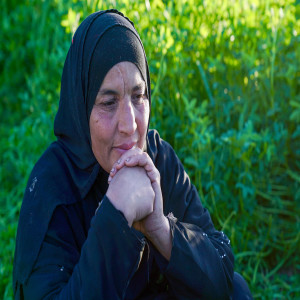
Thursday Oct 29, 2020
Dream Big, But Move Methodically
Thursday Oct 29, 2020
Thursday Oct 29, 2020
Hazem Fahmy from CARE Egypt talks about the journey from being a country office to becoming an independent member of the CARE family. What are some of his key lessons? First, don't spend all your time planning--test out actions and adapt. Second, learn to listen for what people aren't telling you; trust is critical for organizational change. Third, keep your principles firmly in mind as a north star. It can be easy to lose track of why we're transforming in the excitement of growing a business.
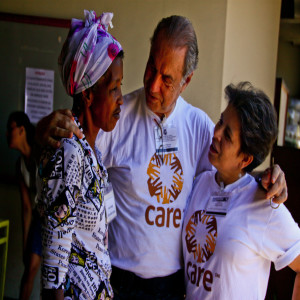
Wednesday Oct 14, 2020
Implementers vs. Allies
Wednesday Oct 14, 2020
Wednesday Oct 14, 2020
Tatiana Bertolucci--CARE's Regional Director for Latin America and the Caribbean--talks about what she learned closing the CARE Brazil office. We need to engage with curiosity and treat organizations in the global south as powerful allies, not people who merely implement our agenda. We also need to invest in more diverse boards. "There is knowledge everywhere if we will listen to it." Another lesson is "scream for help sooner" when something is not working.
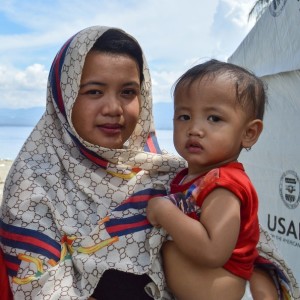
Thursday Jun 18, 2020
CARE of 1000 Papers, Part 2: Improving the way we work with partners in crisis
Thursday Jun 18, 2020
Thursday Jun 18, 2020
Puji Pujiono of the Pujiono Center and Victoria Palmer from CARE Canada talk about their paper based on the Sulawesi response in Indonesia.This time, they talk about what organizations can do once a crisis has already started to have better success with partners, and help them achieve their goals rather than hurt them.
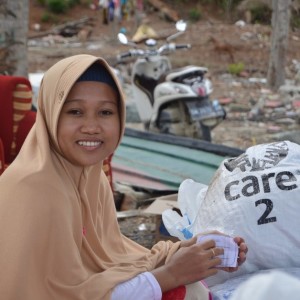
Wednesday Jun 03, 2020
CARE of 1000 papers: How our best intentions can hurt local activists
Wednesday Jun 03, 2020
Wednesday Jun 03, 2020
How do international NGOs create problems when they team up with local activists? It's the CARE of 1000 papers, where our processes are so focused on reducing risk that we bury local groups under the weight of our expectations, and don't give them the support they need. Puji Pujiono of the Pujiono Center and Victoria Palmer from CARE Canada talk about their paper based on the Sulawesi response in Indonesia, where we learned a lot about what we can do BEFORE we reach out to local partners so that we're truly helping response and empowering those partners. Stay tuned for part 2, where they discuss what we can do once a crisis hits.
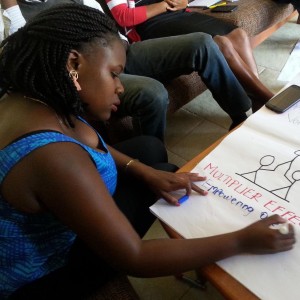
Wednesday Mar 04, 2020
It will never happen in 6 months: Lessons from building financial apps in Uganda
Wednesday Mar 04, 2020
Wednesday Mar 04, 2020
Melch Natukunda from CARE Uganda talks about trying to build the first ever financial services app that linked poor rural women to banks. What's the biggest lesson? "it’s not just financial services. Anything we do should be trying to lighten women’s burden and help her with the other challenges she’s dealing with.” It's also about remembering that, "at a bank, someone is looking at this project and saying, 'is this giving me profit?' That will never happen in 6 months." You need at least 5 years to build something that will really work, but once you've got it, it can work for millions of people.

